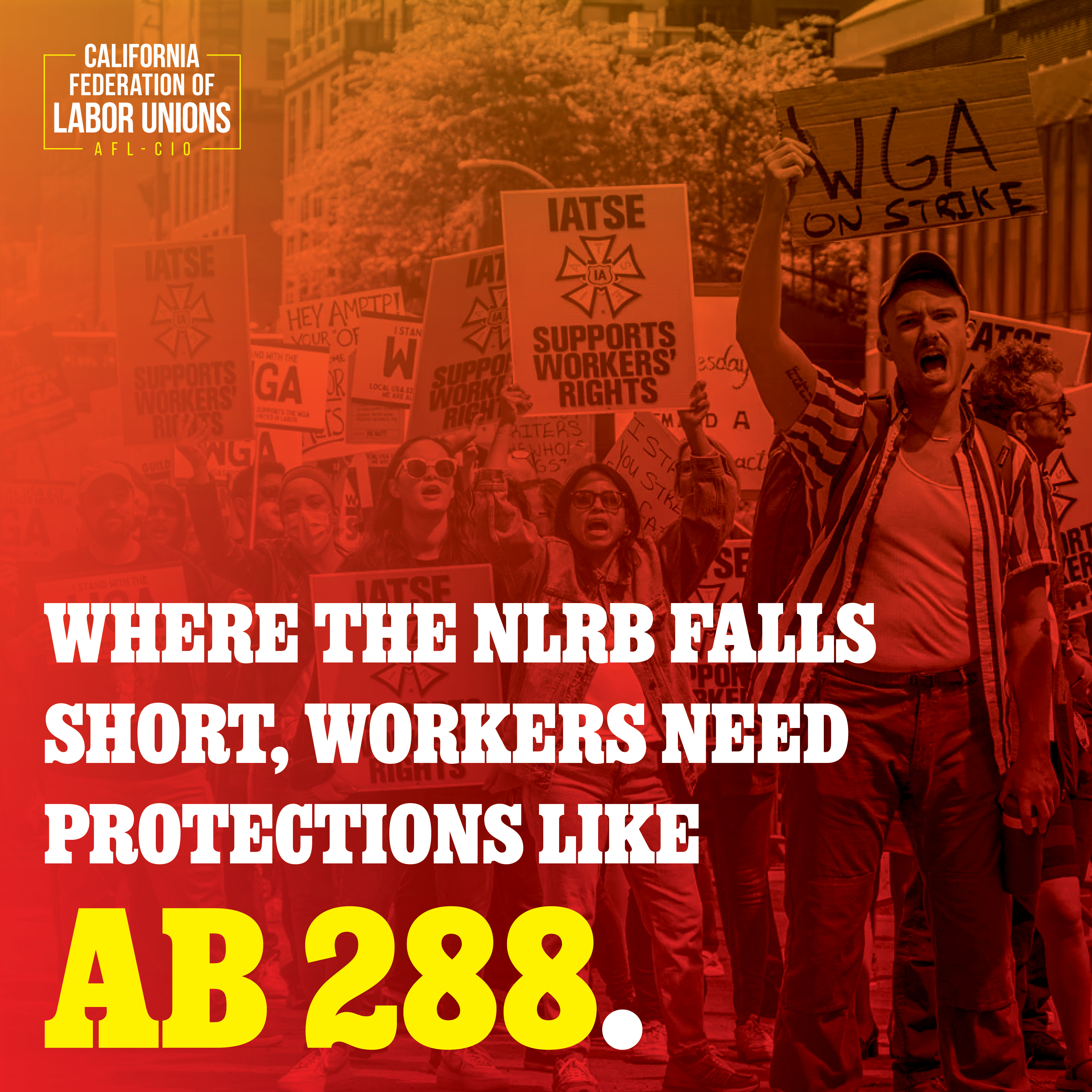|
|
The year 1935 was a watershed moment for the American Labor Movement. That was the year Congress passed the National Labor Relations Act (NLRA), formally codifying workers’ ability to organize and collectively bargain with their employers. In order to protect that right, the NLRA created the National Labor Relations Board (NLRB), a five-member board appointed by the President and confirmed by the Senate. The board is charged with hearing worker complaints and mediating negotiations between labor and management in order to avert a strike where possible. When employers stall or delay recognizing their workers as a union, or when there is an impasse in collective bargaining, it falls to the NLRB – a quasi-judicial entity – to adjudicate. The law just marked its 90th anniversary, and for nine decades it has provided unions with vital federal protections. But as you are likely well aware, the NLRB is far from perfect. When anti-union presidents are in power, they can install board members who are hostile to workers’ needs. Or even worse, a union-busting president could simply choose not to appoint anyone to the board at all, denying it a quorum – the minimum number of members needed to enact decisions – and denying justice for workers. For years now, under both Democratic and Republican presidents, the NLRB has been sluggish or even non-responsive when dealing with worker complaints. Worse, billionaires like Elon Musk and Jeff Bezos, as well as entities ranging from Starbucks to the University of Southern California, have sued to declare the NLRA unconstitutional, which would effectively shatter the NLRB’s authority if the Supreme Court ruled in plaintiffs’ favor. This is why legislation like California Assembly Bill 288 is so important. Simply put, AB 288 would make it so that when the federal government is nonresponsive to California private sector union petitions – either unable or unwilling to take them up – the state could step in and adjudicate in the federal government’s stead. How would it do so? Through the Public Employment Relations Board (PERB). Next time, I’ll explain the history of the PERB, what it does for California unions and how it would change under AB 288. In Solidarity, Lorena Gonzalez |
|

